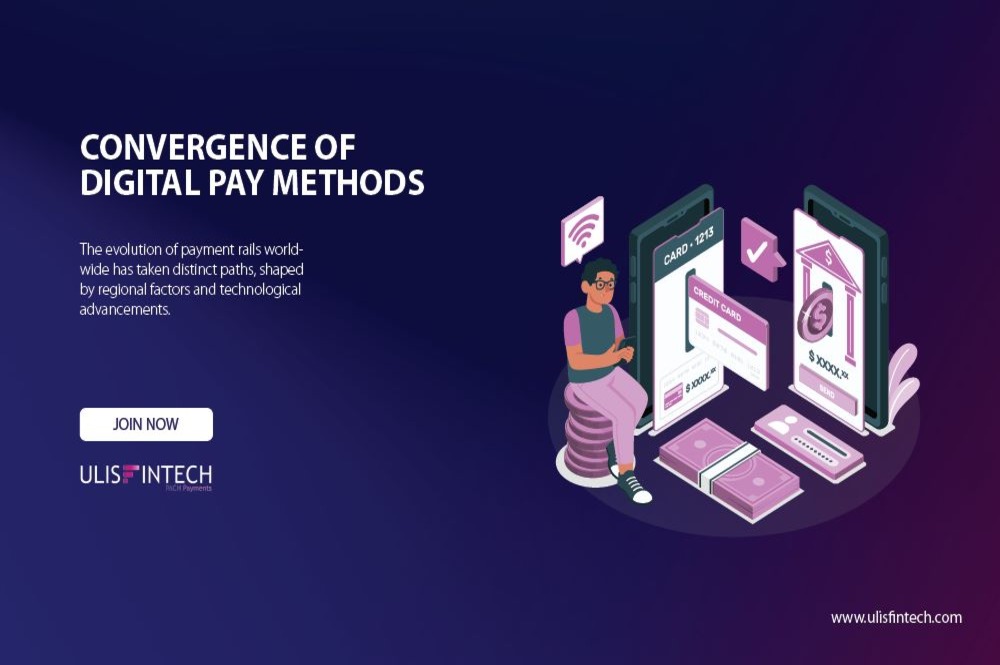Fintech Revenue Models: A Deep Dive
Jun 23, 2023 - 5 MINS READ

In the ever-evolving world of fintech, companies have harnessed the power of technology to revolutionize the financial landscape. These innovative businesses offer a wide range of services, but how exactly do fintech companies generate profits? In this blog post, we'll dive deeper into the revenue models used by fintech companies and shed light on their strategies for sustainability and profitability.
Transaction fees and commissions:
One of the most common ways fintech companies generate revenue is through transaction fees and commissions. Depending on the specific nature of their services, fintech platforms charge fees for facilitating financial transactions. For example, peer-to-peer lending platforms typically earn a percentage of the loan amount as a fee, while investment platforms charge a commission on trades or a percentage of assets under management. These fees play a vital role in covering operating costs and ensuring profitability.
Data monetization and analysis:
In this digital era, data has developed into a valued resource for businesses. Fintech companies benefit from the vast amount of user data they collect to increase revenue. By anonymizing and aggregating user information, fintech platforms gain valuable insights into consumer behaviour, preferences and trends. This data can be monetized in several ways. For example, fintech companies can offer targeted advertising opportunities to businesses looking to reach their user base. In addition, they can develop personalized financial products and services based on user insights. Fintech companies can also sell their data analytics capabilities to other companies that want to harness the power of data-driven decision making. By harnessing the potential of data, fintech companies create additional sources of income and increase their competitiveness in the market.
Partnership and cooperation:
Collaboration has become a common strategy in the fintech industry as companies seek to leverage the strengths and resources of traditional financial institutions or other businesses. Fintech companies often form partnerships or collaborations to expand their reach and tap into their existing customer base. Through these alliances, fintech companies can generate revenue in a variety of ways. For example, they can enter into revenue sharing agreements with their partners, whereby they receive a certain percentage of the revenue generated through the collaboration. In some cases, fintech companies provide their technology infrastructure to power financial services for their partners and earn revenue through licensing fees. These strategic alliances allow fintech companies to expand their market reach, gain access to new customer segments and create mutually beneficial revenue opportunities.
Subscription or membership fees:
Many fintech companies offer premium services or advanced features that go beyond their basic offering. These enhanced services are often provided under a subscription or membership model where users pay a recurring fee to access exclusive benefits. For example, budgeting and financial planning apps may offer premium features such as personalized financial advice or advanced analytics for a monthly or annual fee. By providing additional value and meeting specific user needs, fintech companies can monetize their offerings and increase customer loyalty. Subscription or membership fees provide a steady stream of income and contribute to the financial stability of fintech companies.
Platform Licensing and White Label Solutions:
Some fintech companies develop proprietary technology platforms that can be licensed or offered as white-label solutions to other businesses. By licensing their platforms to financial institutions or partnering with them to provide white-collar solutions, fintech companies earn revenue through license fees or revenue-sharing agreements. This approach allows fintech companies to extend their market reach beyond their own user base and use their technology to power financial services for others. Platform licensing and white label solutions represent an opportunity for fintech companies to monetize their expertise and expand their influence in the financial industry.
Fintech companies have disrupted the financial industry with their innovative solutions, but their profitability depends on efficient revenue models. Transaction fees, data monetization, partnerships, subscription fees and platform licensing are among the key sources of revenue for fintech companies. By leveraging these models, fintech companies can sustain operations, continue to innovate, and provide valuable services to consumers. As the fintech landscape evolves, it is critical that companies adapt and refine their revenue strategies to ensure long-term profitability and success in an increasingly competitive market. By leveraging their unique strengths and exploring new opportunities, fintech companies can thrive in the digital age of finance.






